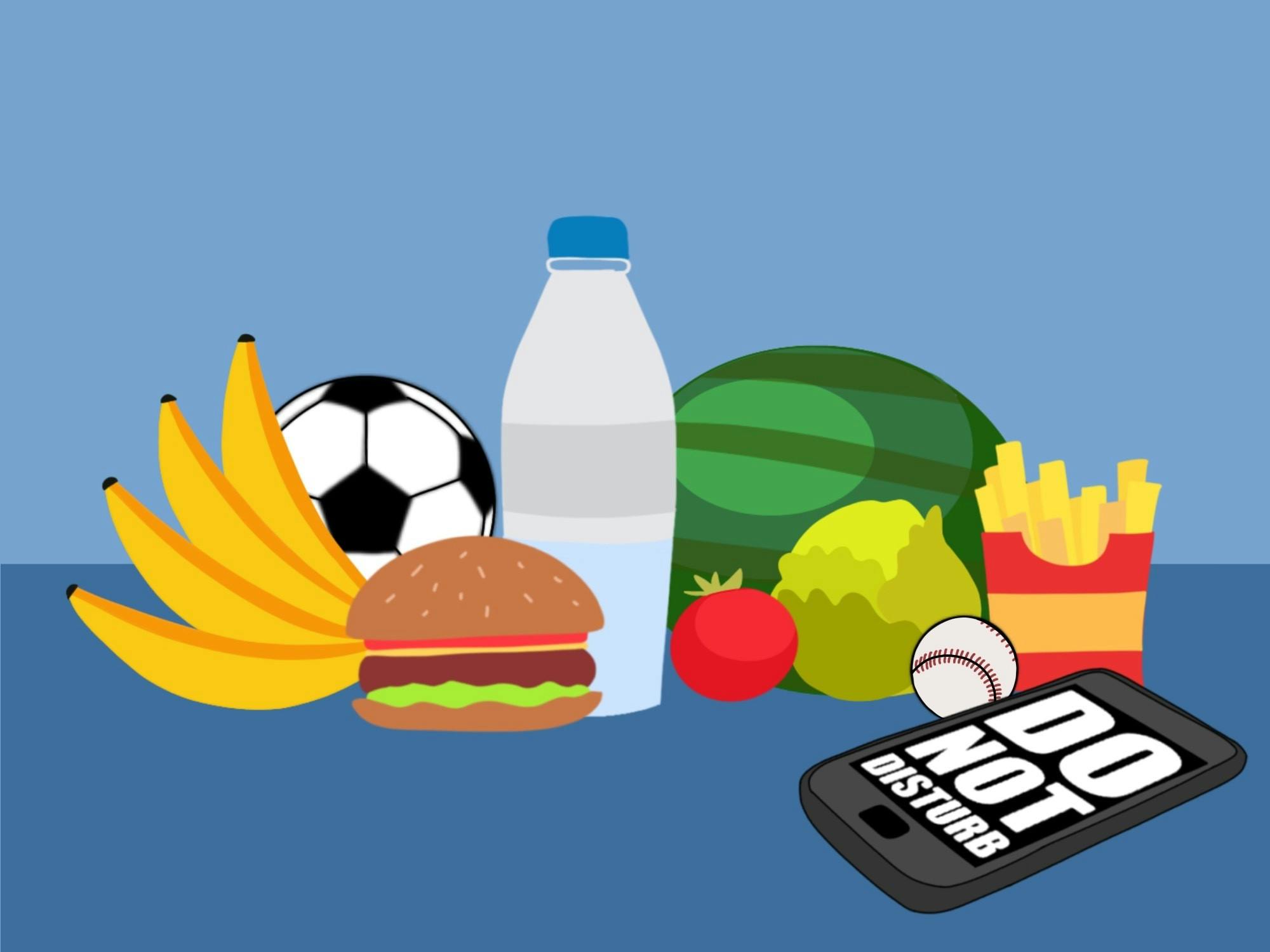It’s the end of January. The calm of winter break has sparked the hectic schedule of a new semester. New Year’s Resolutions have fallen in priority and sleep has become rare while stress becomes common, but Michigan State University experts advocating for student wellness say it’s time for students to put themselves first.
“Health is the capacity of an individual at any given time to be in this world, to interact with the world and to give back to the world,” Director of Health Promotion Dennis Martell said.
Striving towards a higher capacity all starts with an aspiration, according to Martell. Students who are trying to prioritize their health should start by putting their sleep first. Making time for sleep increases your capacity of health and should be prioritized.
"You can't catch up on sleep, sleep catches up with you," Martell said.
33% of Michigan State students reported difficulties with sleep causing them to struggle in 2022, amounting to over 10,000 students. Sometimes students are staying up late for a test the next day or are spending time with friends long into the night.
Retired MSU professor of family medicine Dr. Edward Rosich said the reason students are able to do this is because young people have a "metabolic reserve."
"You can abuse your body significantly … and still function, but you’re not functioning adequately,” Rosich said.
Martell said a student's mindset around eating and nutrition needs to shift towards intuitive eating, which means listening to your body and rejecting the mentality that food can be either “bad” or “good,” “healthy” or “unhealthy.”
“Some of the [unhealthiest] behaviors out there are people who say ‘I can only eat this, and I can’t eat that’. ( Stop counting your calories and start counting your blessings,” Martell said.
To achieve good health, or, a high capacity, MSU acting assistant director of Multicultural Initiatives and Community Engagement at Counseling and Psychiatric Services, or CAPS, Olivia Scott said there needs to be a mindset that food is nourishment and a source of energy.
“We all learn norms around food, exercise and sleep from our families,” Scott said. Going to therapy can help you determine which habits from your upbringing you reject, she said, which habits you wish to continue practicing.
Rosich said the cold weather that Michigan winters can bring cravings for carbohydrates, and that students should be reaching for carbs from fruits and vegetables to keep your energy levels from crashing.
Martell said coping mechanisms are an important facet of positive mental health. All people have them and Martell said it's important to make sure they are positive.
“All freshmen get here because they have coping mechanisms. You wouldn’t get this far if you didn’t have coping mechanisms,” Martell said. But when the stress of higher education sets in, those coping mechanisms like playing a sport, meditation and listening to music fall in the priority list. “You have to make time for your mind to settle down,” Martell said.
Scott encourages CAPS clients to pay attention to their internal voice and evaluate whether their criticism of themselves is helpful or hurtful.
“I ask students, ‘if a friend was in a similar situation or made a similar mistake, would they say the same thing to them’?” Scott said.
Finally, Martell said it is important to think about redefining what students view as success.
“What does success mean? Does it mean that you’re gonna go without sleep, go without food, and go without resting your mind so you get a 4.0?” Martell said.
Success is aspiring to reach a goal and accepting the outcome whether that goal was reached or not, Martell said. Practicing habits that go against your body’s needs while you’re in college will translate to having poor habits later in life in a professional career.
While reframing your image of success can help with self-compassion, Scott calls on students to acknowledge the systemic factors preventing them from personal growth.
Support student media!
Please consider donating to The State News and help fund the future of journalism.
“Sometimes, the education system isn’t set up for students to succeed,” Scott said.
Scott said for students that come from a marginalized background, there is an expectation to match the productivity and results of the people around you while navigating the difficulties of being marginalized.
“The system is telling you to just under-sleep, over-work, and always be proving your worth to the system,” Scott said.
Though it may be intimidating, Scott invites students to strive to feel well in a system that, at times, punishes those that prioritize themselves.
“What would it look like to do the self-care and the rest[ing] in smaller doses … so that you’re not totally spent at the end [of the semester] and can enjoy the breaks?” Scott said.
Discussion
Share and discuss “How students can take care of themselves during the winter semester” on social media.







